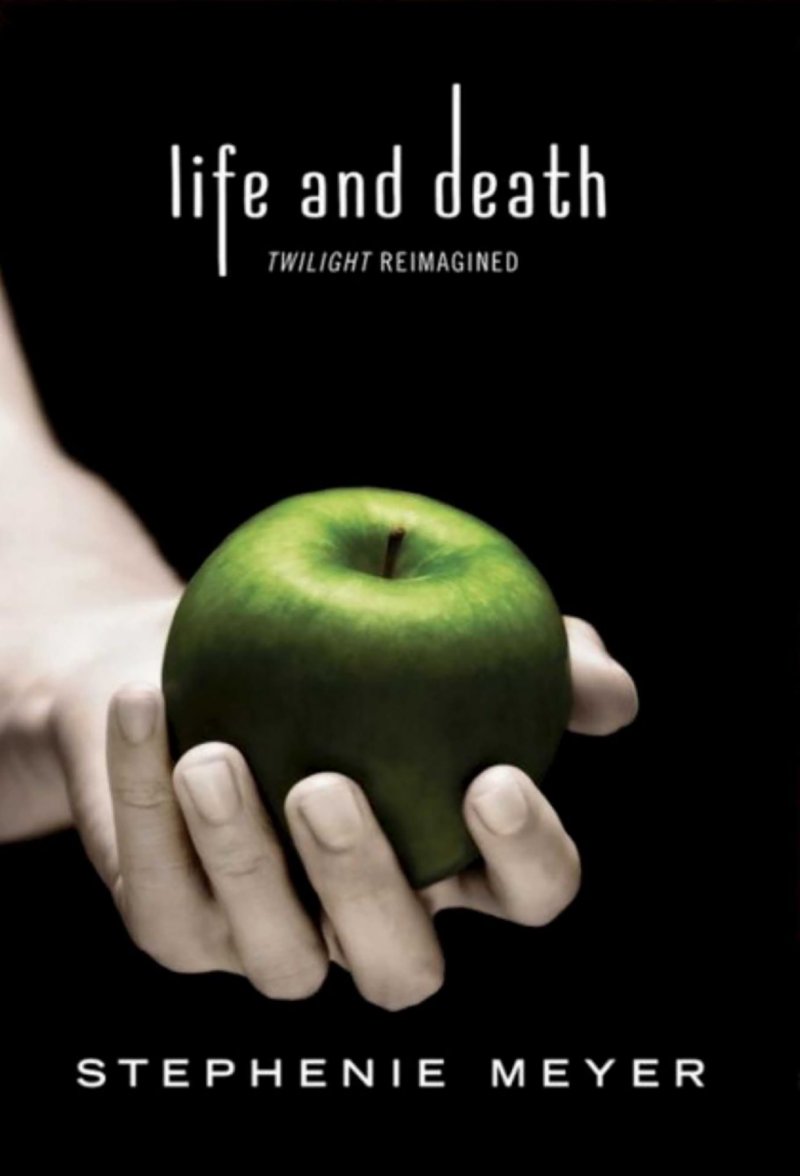Erin Bamer | Rawr
Sometimes I make dumb decisions — like buying Stephenie Meyer’s new book, “Life and Death,” which acts as a gender-swapped version of “Twilight.” Yes, it’s exactly what it sounds like.
Instead of the beloved tale of Bella and Edward, readers get to witness the new steamy romance of Beaufort Swan and Edythe Cullen.
Meyer claims to have written “Life and Death,” to prove to critics that the original story is not sexist. Many “Twilight” haters argue that Bella is a stereotypical damsel in distress throughout most of the series, so Meyer published “Life and Death” to show that the same story can make sense with characters of different genders. She was not very successful.
 I was first drawn in by Meyer’s foreword, mainly because of the fully capitalized words “I’M SO SORRY,” printed in the first paragraph. Meyer wants to keep her readers’ expectations high, obviously. She goes on to explain her purpose for writing “Life and Death,” and adding a disclaimer that she wrote the book in a rush to put something out for fans on the series’ 10th anniversary.
I was first drawn in by Meyer’s foreword, mainly because of the fully capitalized words “I’M SO SORRY,” printed in the first paragraph. Meyer wants to keep her readers’ expectations high, obviously. She goes on to explain her purpose for writing “Life and Death,” and adding a disclaimer that she wrote the book in a rush to put something out for fans on the series’ 10th anniversary.
In short, I was expecting a sloppy reconstruction of the original story with different pronouns.
I certainly did find the sloppy writing I was looking for. If Meyer hadn’t already admitted that she had slapped this book together in a tight timeframe, it would be glaringly obvious to any reader within the first chapter.
Many pages are replicas of the original version, just, as predicted, with different pronouns. The rewrite has the same flat characters and awkward dialogue — the weird names are kind of a nice bonus though.
To top it off, Meyer gives the characters in “Life and Death” a different ending than Edward and Bella’s. I won’t spoil it for those fools who actually wish to read the book, but it is a weak attempt by the author to tie up any loose ends and avoid writing any sequels.
I was shocked to find extra sexism in the new book, however. “Twilight” was so full of gender stereotypes, she couldn’t possibly find a way to add more, could she? Alas, it seems that Meyer does at least excel at this.
Basically every page of this book is embedded with tiny details that will gnaw at the nerves of any progressive thinker. Beaufort’s inner monologue strays into thoughts of Edythe’s absolute perfection enough to make me want to gag, but it’s even worse when he goes into the specifics of her beauty.
What he describes does not paint a picture of a healthy female. He observes that he can see the outline of her ribs clearly through her shirt and is in awe of “the fragile-looking twigs of her collarbones.” That sets a great example for all the 12-year-old girls who are reading this.
The most offensive scene for me was Meyer’s remake of one of my favorite scenes from “Twilight.” In the original version, Bella is wandering alone in Port Angeles and is cornered by a group of seedy guys. Meyer adds clear indicators in the dialogue that if Edward didn’t show up, Bella would have likely been sexually assaulted.
There are no such indicators in “Life and Death.” When Beaufort gets lost in Port Angeles, he’s pursued by a gang of men and women who think he’s a cop in disguise and is even held at gunpoint. The reader is meant to worry that he may get shot instead of raped.
It’s a big problem when authors are of the belief that scenes of sexual assault are only convincing if the victim is female, and Meyer isn’t the only author to do this. But, if she really wanted to show that she is progressive, it would have impressed people if she had recognized that men can be victims of sexual assault too.
This isn’t to say that Meyer doesn’t even try to show that she is against gender stereotyping. There are clear moments where she tries to get her message across, but she tries way too hard. Pages are devoted to Beaufort’s musings about how secure he is in his masculinity and that he’s totally OK having a girlfriend who is stronger than him.
One of my personal favorite moments is when Beaufort meets Royal — the male version of Rosalie — for the first time and notes that his gold hair is tied in a man bun but instead of making him look feminine it “somehow made him look even more like a man.”
It’s in these moments when I picture Meyer staring at her computer, just begging the public to praise her for being so forward-thinking while she epically fails to be progressive in any way.
Sorry Meyer, but this reader is not impressed.
